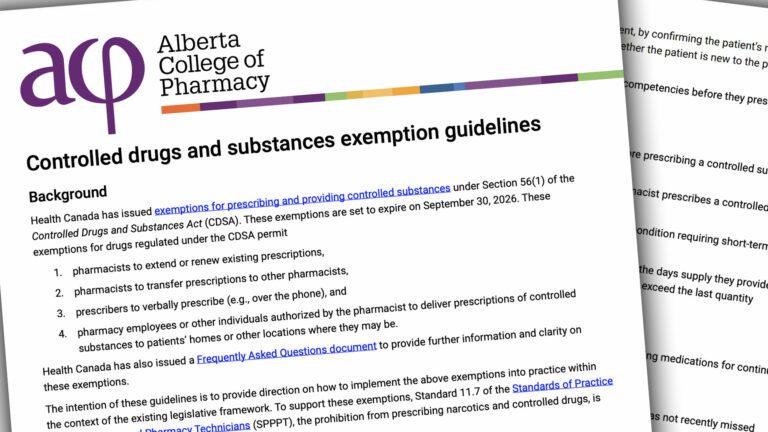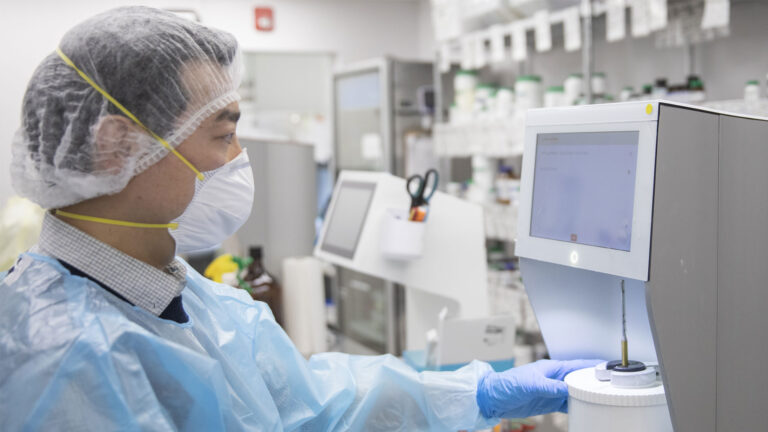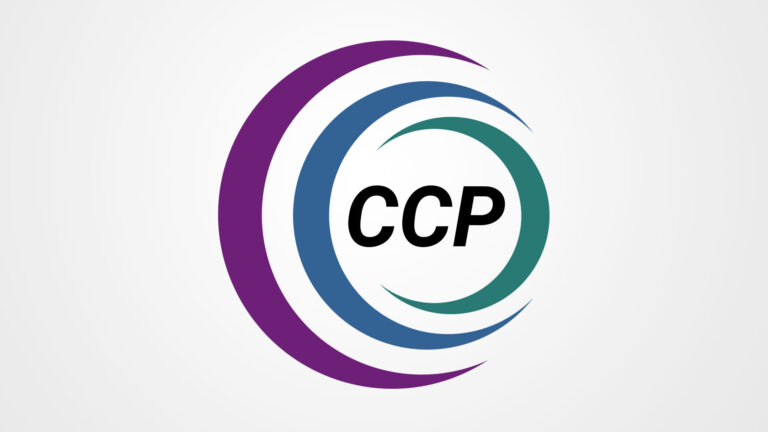
Health Canada has extended the exemption for controlled substances made pursuant to section 56(1) of the Controlled Drugs and Substances Act. While initially issued in March 2020 as a measure to improve patient access to prescriptions for controlled substances during the COVID-19 pandemic, these exemptions have now been extended until September 30, 2026, and the Alberta College of Pharmacy (ACP) has published new guidelines to reflect these exemptions becoming a long-term part of pharmacy practice. The exemptions authorize
- pharmacists to extend or renew existing prescriptions for controlled substances,
- pharmacists to transfer prescriptions for controlled substances to other pharmacists,
- prescribers to verbally prescribe controlled substances (e.g., over the phone), and
- pharmacy employees or other individuals authorized by the pharmacist to deliver prescriptions of controlled substances to patients’ homes or other locations where they may be.
The new Controlled drugs and substances exemption guidelines interpret the ACP Standards of Practice for Pharmacists and Pharmacy Technicians as they apply to these exemptions. These guidelines replace the temporary guidelines that were issued at the beginning of the COVID-19 pandemic. They have changed and should be read in their entirety. The guidelines provide regulated members direction and clarity on how the changes from these exemptions should be incorporated as part of their ongoing regular practice, not just within the context of COVID-19. The previous guidelines set forth requirements for renewing prescriptions if the patient’s pharmacy was closed due to COVID-19. This has now been removed from guidelines as a part of transitioning these exemptions away from being strictly COVID-19-related measures.




